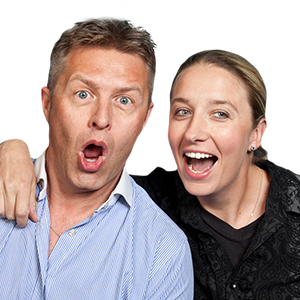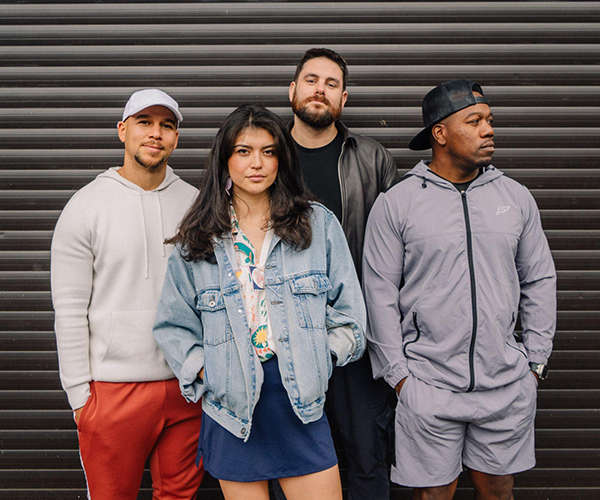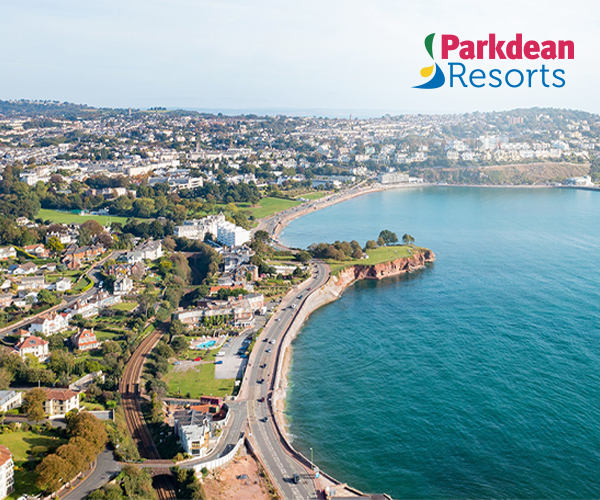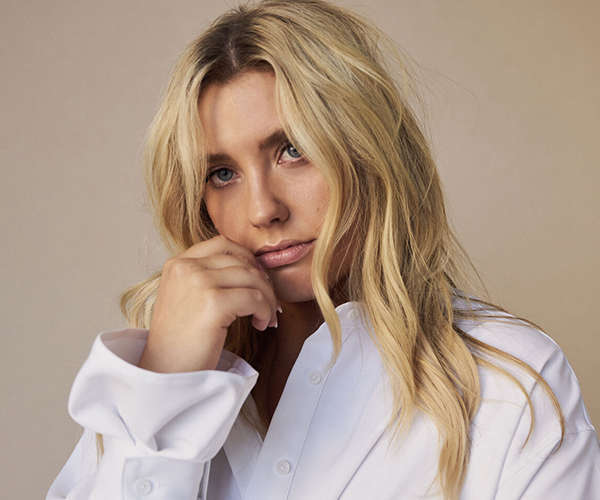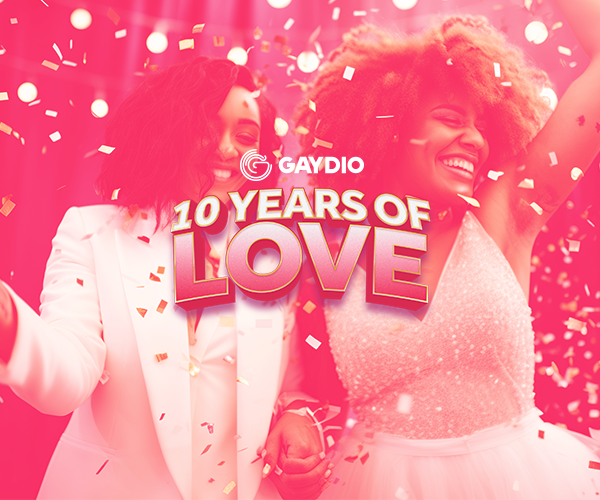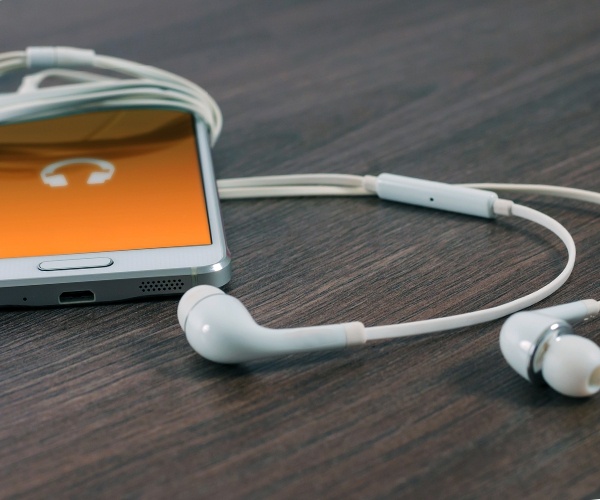Nima's Story
Nima’s story from LGBT+ @Sky
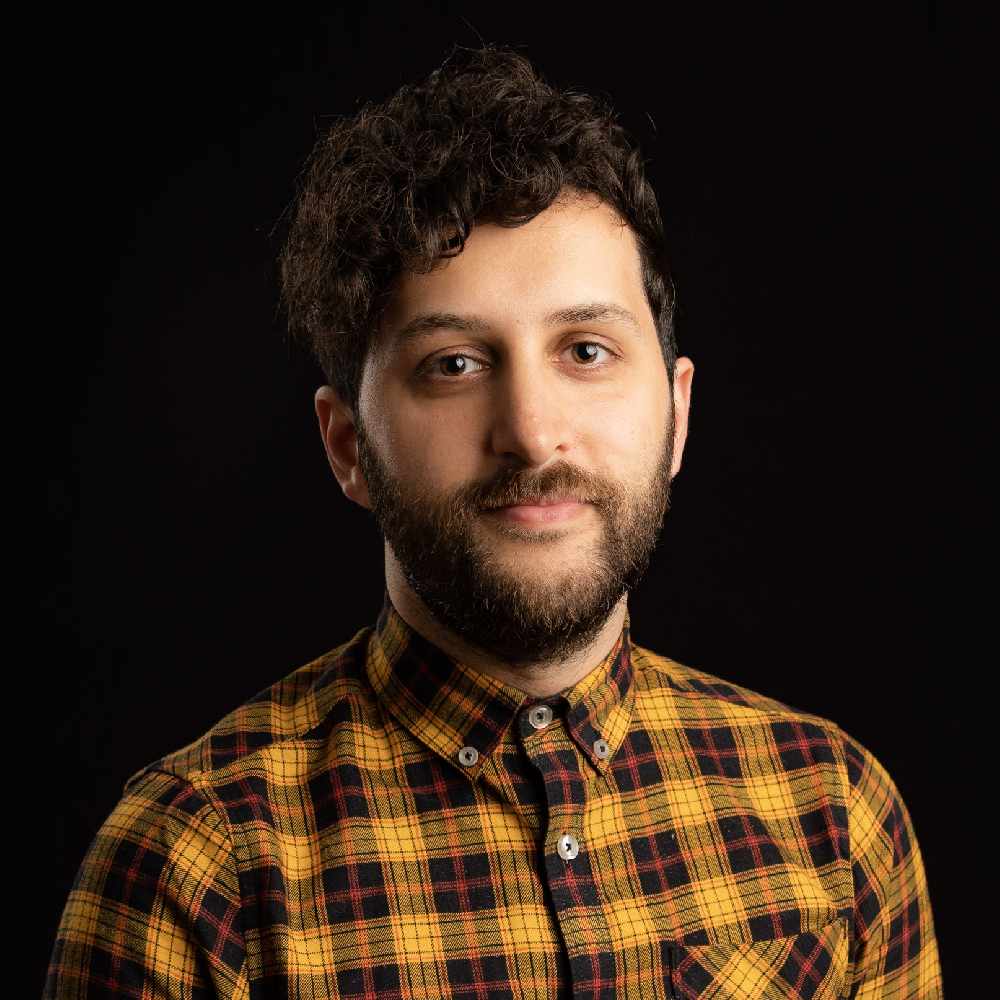
As an LGBT+ community, we can often fall into the trap of assuming that our shared obstacles and challenges are the obstacles and challenges faced by every single one of us. Internally or looking in, it’s very easy for us to place the ‘plight’ of all LGBT+ people into one single narrative.
“Oh it must’ve been so hard for you to come out?”
“Can you like, really, be yourself in the workplace?”
“The problems transgender people face are completely different to the ones gay men do.”
It is these sweeping assumptions that blind us from remembering that every single person’s story is different, that whether you identify as L, G, B, T, +, or any acronym in between, you may be part of a community but that community still exists as a spectrum of individual stories and experiences.
So when we talk about BAME (Black, Asian and Minority Ethnic) and LGBT+, it’s difficult to pinpoint where ‘work’ needs to be done. How can individuals become role models, both in the workplace and wider society, if they’re not sure which issues to prioritise or speak for every BAME LGBT+ person?
These were just some of the challenging questions that were raised in a Stonewall BAME Role Models programme I recently attended.
I joined 20 other inspiring people who shared some of the most fascinating, heartbreaking and joyful stories I’ve had the pleasure of hearing. The only one pertinent theme that linked all of them was the experience of facing adversity; in the workplace, with one’s family, visiting the doctor, and so on. It seemed to me that there is still a lack of understanding both within the LGBT+ community and outside of it, about the pressures that many BAME, let alone BAME LGBT+, people face every day.
Cultural roots refusing to accept sexual orientations different to heteronormative traditions.
People trying to fit into an LGBT+ scene that is primarily cis-gendered white gay men.
It seemed to me that being LGBT+ and BAME at times felt contradictory, and yet again, thinking that this was the experience of the majority was at the same time reductive and ignorant.
“So what’s the answer?” I hear you yell. Truthfully, it all lies in education. Educating marginal groups, understanding why people think the way they do, and empowering individuals so that they can become role models. You don’t have to be Harvey Milk or RuPaul; role models come in all shapes and sizes – a sister who stands behind her gay brother, an Ally who confronts homophobia in the workplace, an imam who seeks wider understanding of the spectrum that is sexuality and gender.
In a truly grassroots fashion, we should be empowering ourselves, our Allies, and our Champions to be role models, to clarify they don’t have all the answers but are doing what they can to raise awareness and understanding.
Here at Sky, we’re extremely fortunate to have both the LGBT+@Sky and Multiculture networks, and it’s crucial that none of our networks work in silos. By collaborating, we can fill in more of the gaps and ensure that our mission goes beyond just making Sky a more inclusive place to work – it’s giving people a platform to share their stories and encourage people to take their learnings with them into the wider world.
Whether you’re LGBT+, BAME, both, or neither, you have an amazing opportunity to speak, share, and most importantly, listen - and thatis the true essence of being a role model.
Got a story you want to share with us? Tell us here

FEATURED
Gaydio Replay
-
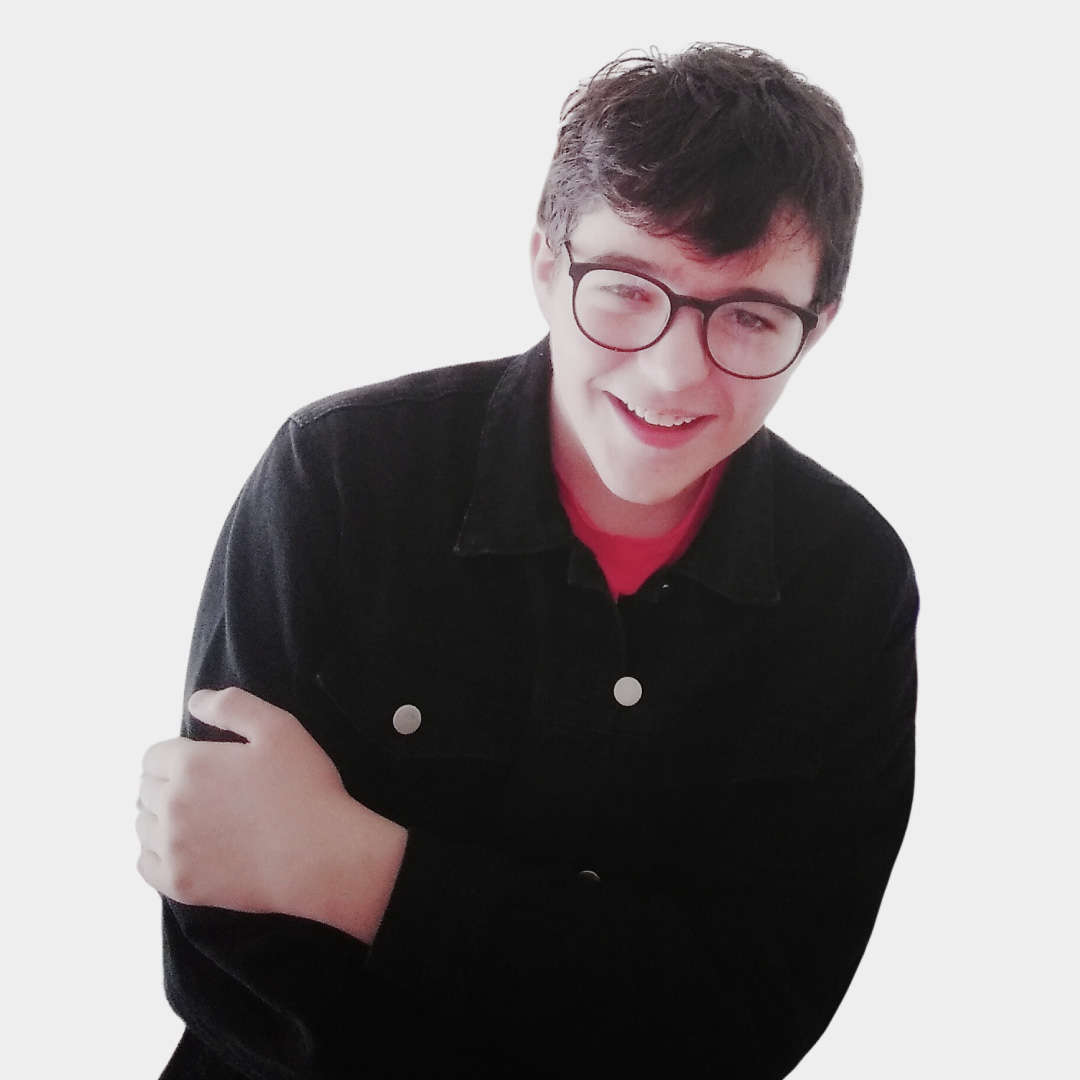 Josh Keenan (27th July)
Josh Keenan (27th July)with Saturday breakfast
-
 Hed Kandi (27th July)
Hed Kandi (27th July)in the mix
-
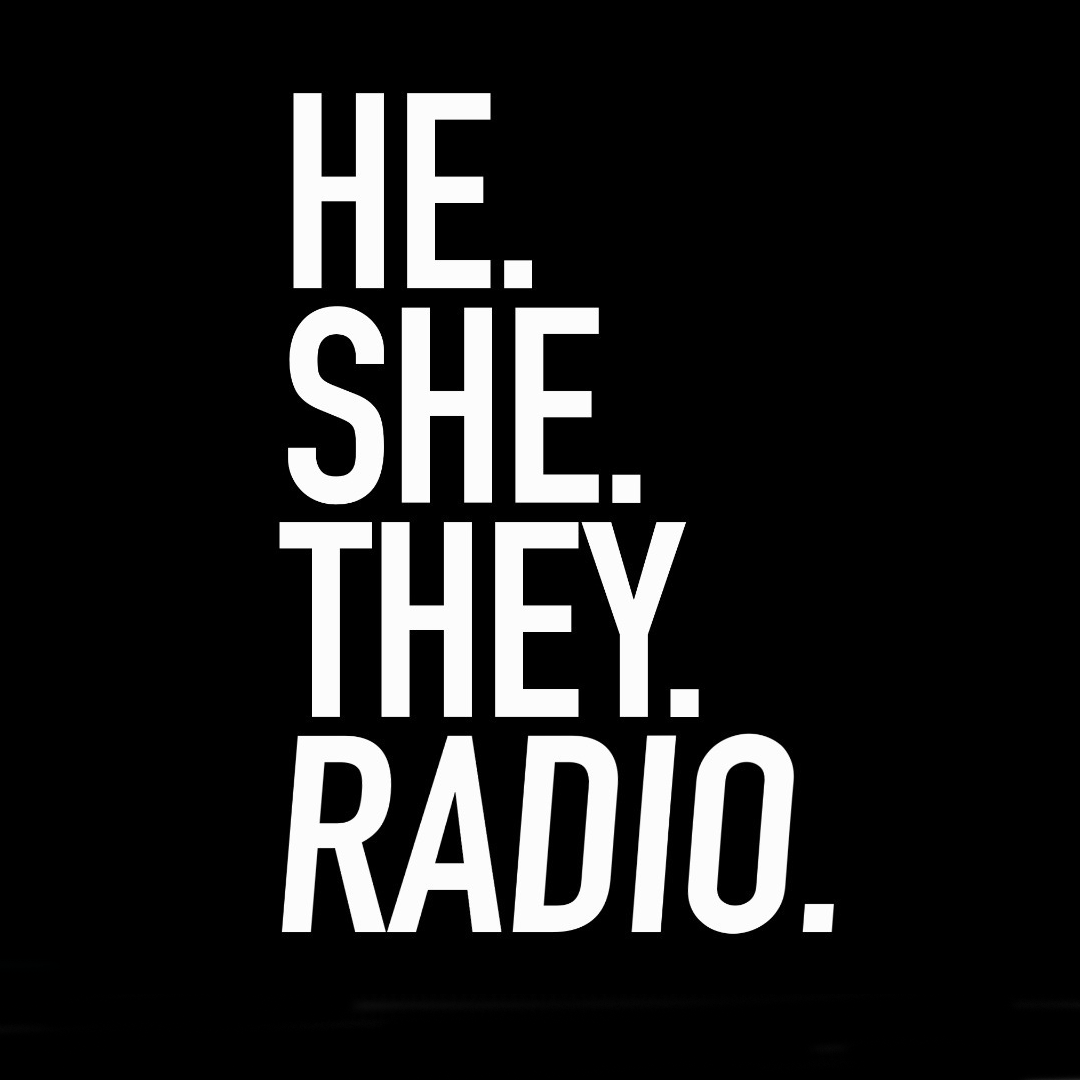 He.She.They (27th July)
He.She.They (27th July)in the mix
